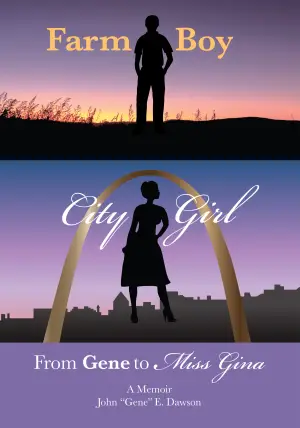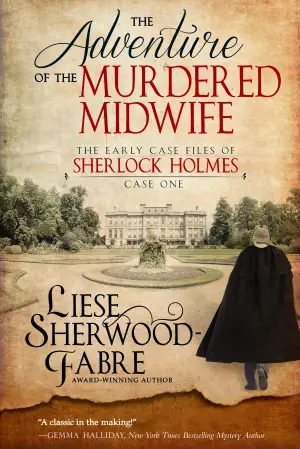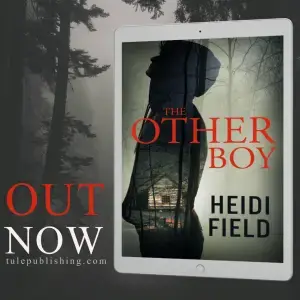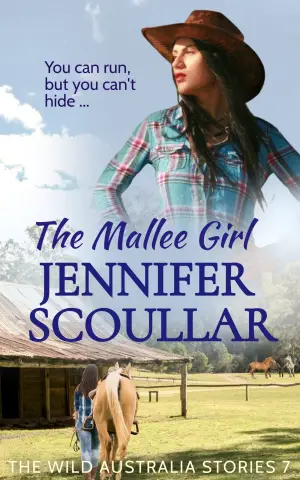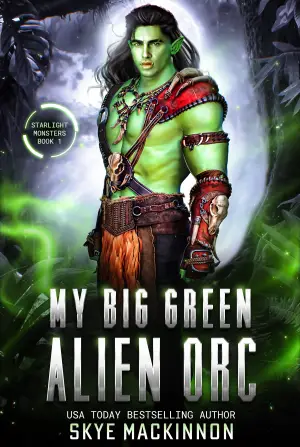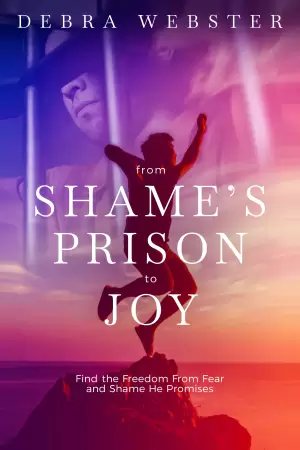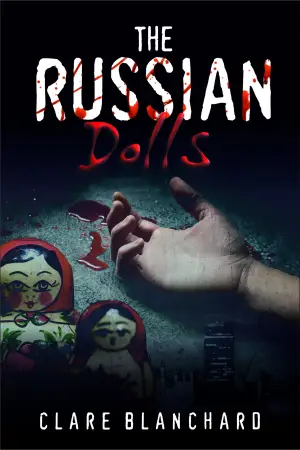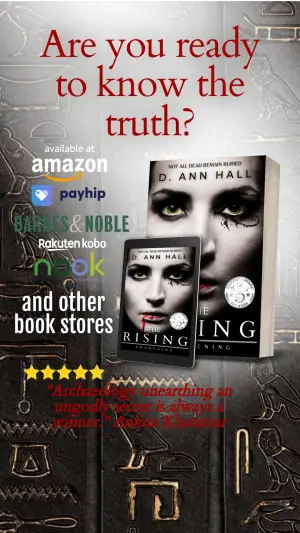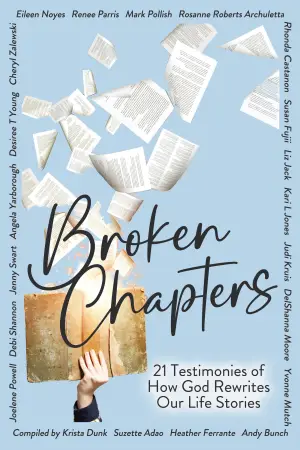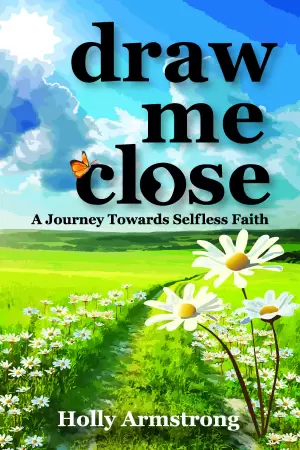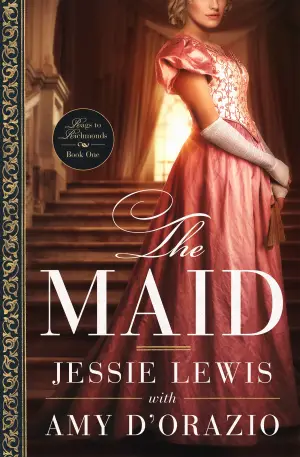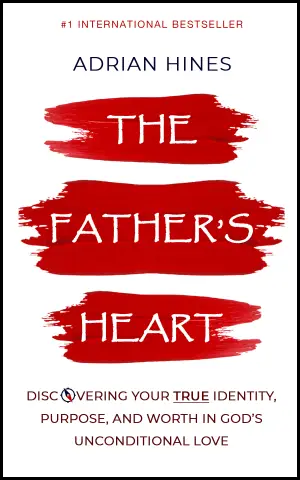Heart Lamp: Selected Stories — Illuminating Voices from Karnataka
Heart Lamp: Selected Stories by Banu Mushtaq, beautifully translated into English by Deepa Bhasthi, captured my curiosity from the moment I heard its title. As an ardent reader of translated literature, I was drawn to the idea of experiencing the rich tapestry of Kannada stories, a language that has, until now, remained largely uncharted for English readers. The collection, which won the 2025 International Booker Prize, is not just a literary achievement; it is a beacon of diverse voices, offering profound insights into the lives of women within Muslim communities in southern India.
This collection is a selection of twelve stories spanning over three decades, each filled with powerful narratives that address women’s rights, societal expectations, and the nuances of Islamic tradition. Mushtaq’s characters—often grappling with their identities amid oppressive cultural norms—are remarkably relatable. In stories like “Stone Steps for Shaista Mahal,” the intricacies of gender roles unfurl, highlighting the internal conflicts faced by women in a patriarchal society. Mushtaq’s insight into her characters resonates deeply; they breathe and inspire, feeling both contemporary and timeless.
What struck me most about Bhasthi’s translation is her approach to language—a commitment to authenticity that she expresses as an effort to stretch English to echo the original. In the Translator’s note, she eloquently states, "By not italicising them, I hope the reader can come to these words without interference." This radical choice fosters an immersive experience. I found myself engaging with words that felt foreign yet intimately woven into the narrative. Rather than feeling like an outsider, I became a participant in the cultural fabric Mushtaq so meticulously crafts.
Amidst the heavier themes, the stories sparkle with humor and lightness. In “A Taste of Heaven,” the character Shameem showcases the intersection of duty and desire, illustrating the often overlooked struggles of housewives—her misinterpretation of a moment triggers a delightful twist. Mushtaq manages to balance these poignant reflections with wit, reminding us that joy and sorrow coexist, especially in the lives of women navigating complex realities.
One of the commendations for the collection aptly states, "These beautiful, busy, life-affirming stories rise from Kannada, interspersed with the extraordinary socio-political richness of other languages." That sentiment rings true throughout my reading experience. I was not only absorbed by the narrative arcs but also compelled to reflect on the socio-political contexts that inform them. It encouraged me to dig deeper into the layers of meaning encapsulated in each story.
I highly recommend Heart Lamp to anyone keen on exploring diverse voices, particularly readers interested in feminism, cultural narratives, and translations that disrupt existing paradigms. The impact of Banu Mushtaq’s stories is profound—they challenge perceptions while celebrating resilience, all the while inviting us to see through the lens of Kannada culture.
In closing, Heart Lamp isn’t just a collection of stories; it’s a connection to a world less explored in English literature. As I turned the last pages, I felt a sense of warmth and illumination, a reminder of literature’s power to connect us across cultures and experiences. I hope you find as much joy and enlightenment in these pages as I did.
Discover more about Heart Lamp: Selected Stories on GoodReads >>

